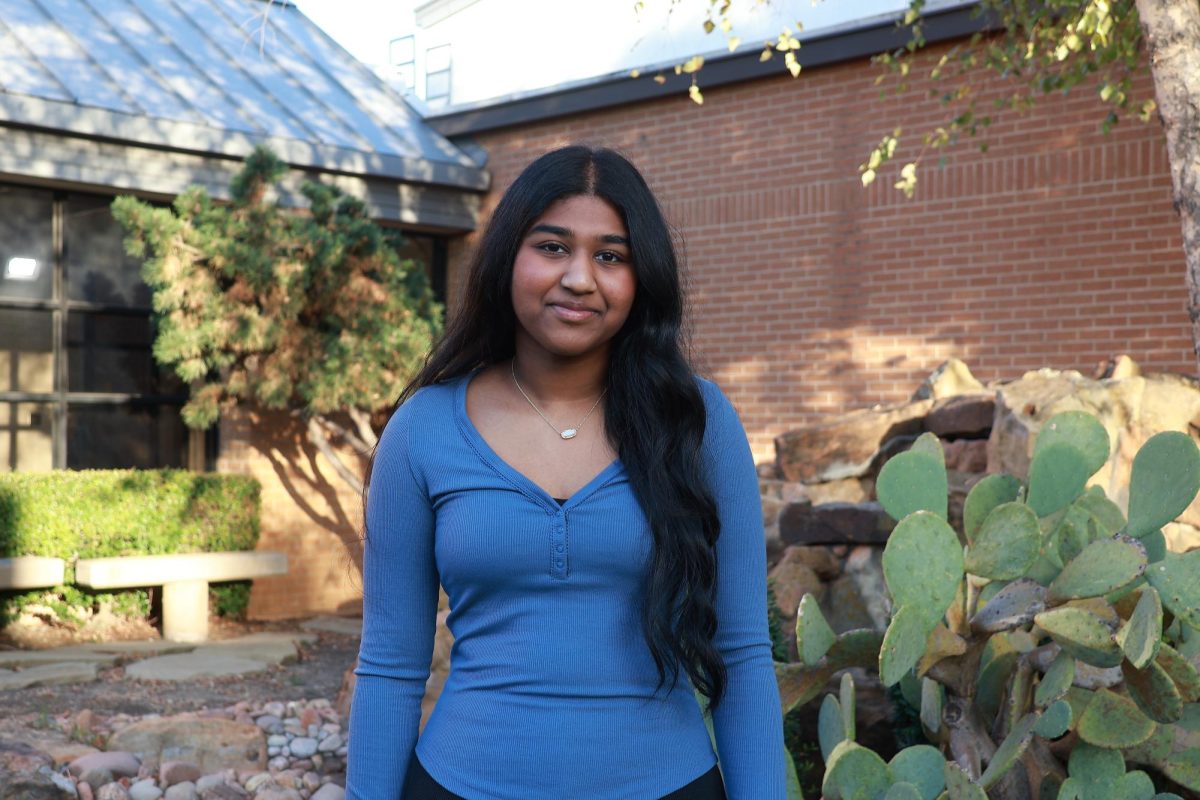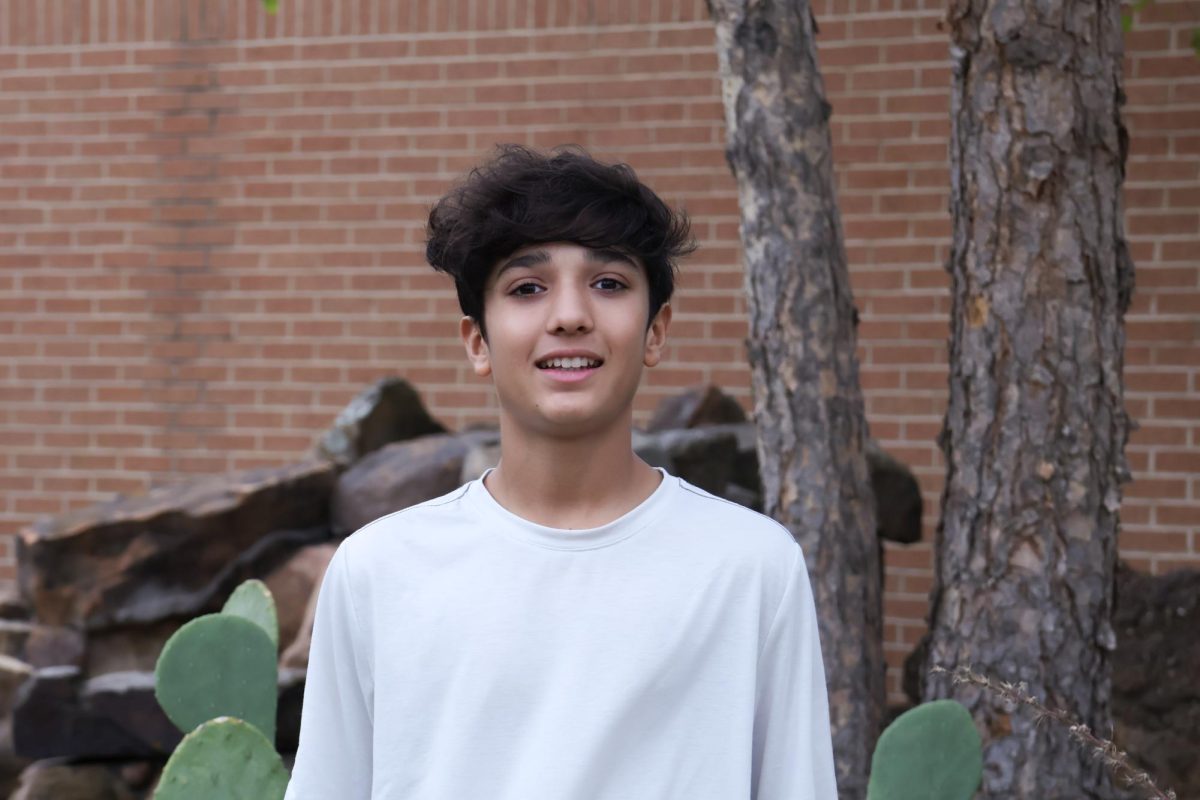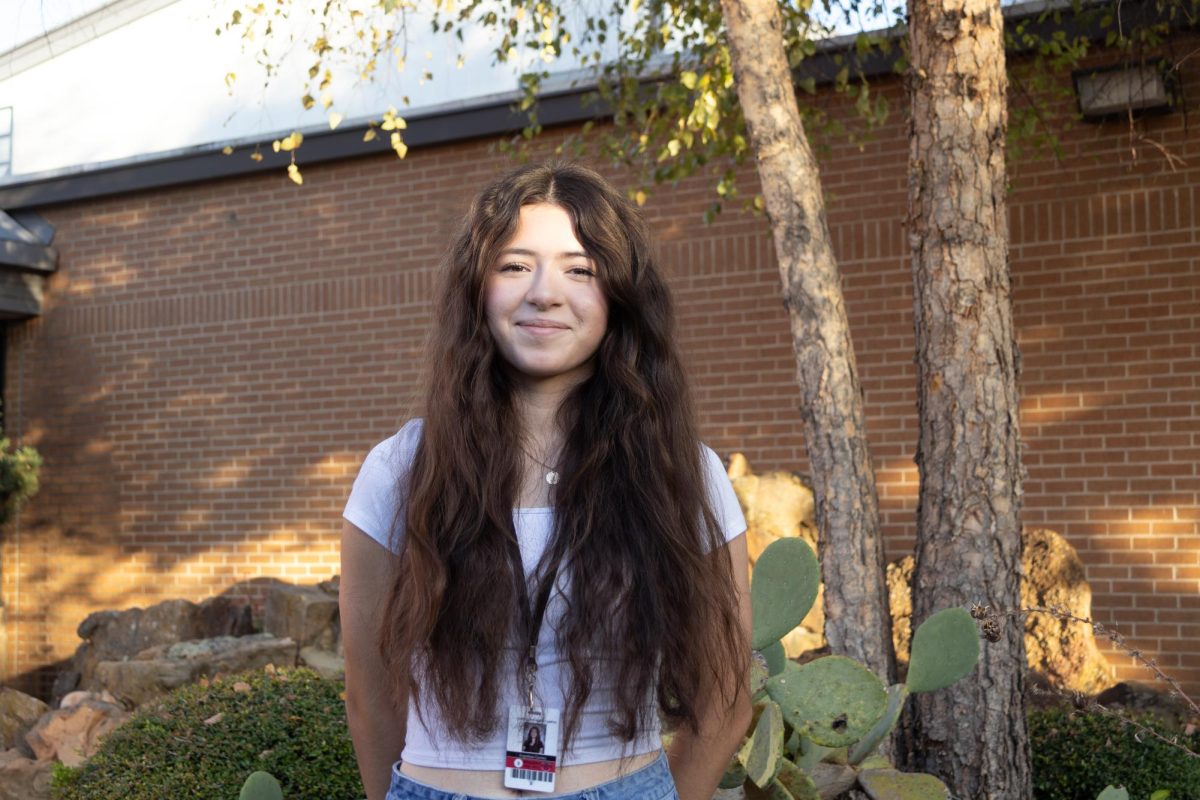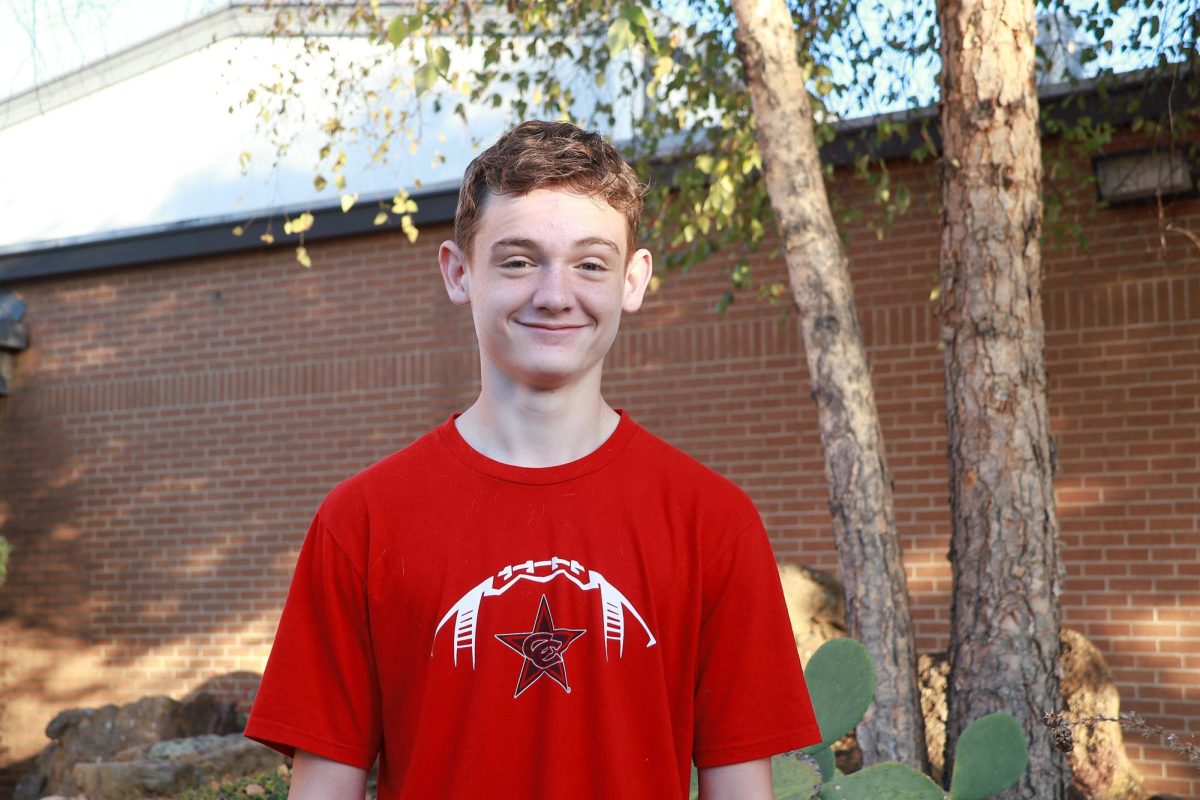Kara Adkins
staff writer

Crime Stoppers posters plaster the hallways of Coppell High School, and although $1,000 is not too shabby of an amount to earn, the way to earn that money is raising quite a stir.
Crime Stoppers is a community-based program giving students a chance to report any criminal activity they may know of for a cash incentive of up to $1,000. The question raised is where exactly do students draw the line between snitching and doing what is right? And how does money influence one’s motive?
An anonymous student knows first-hand the impact this program can have on a teenager’s life. He was caught by the Coppell Police Department for being in possession of drugs after a crime stopper reported him.
“They offer a large sum in return to mess with somebody’s future. I think that’s absolutely ridiculous…. Any kind of motive that has to do with money would definitely be classified as snitch. It has bad written all over it,” the anonymous student said.
According to CHS School Resource Officer Ricky Jimenez, the money does not have to be a part of the picture. Although money is a clear incentive, a person does not have to take the money if they feel uncomfortable being paid to do what is right.
The cash reward is a part of the program in order to help police further investigate crimes and keep Coppell safe. In an officer’s eyes, in no way are students being a snitch.
“It’s not really snitching because the definition of a snitch is a criminal who will tell on the other criminals so they can get a lower sentence…students are not snitches because they are not criminals in that situation,” Jimenez said.
Because many students do not have a steady source of income, crime stoppers can be seen an easy and effective way to make quick cash. It is putting a price tag on doing the right thing. And although it is a tempting incentive, for some, the money is what drives Crime Stoppers.
“I heard you could get up to 1,000 bucks. I’d be fine to turn some people in for $1,000 if I was in need, but I probably wouldn’t turn anybody in if there wasn’t any money,” senior Roberto Varela said.
Junior Rachel Hill is Vice President of Students Against Destructive Decisions at CHS and admits although it may not always be the easiest thing to do, sometimes your only option is to turn in those around you in order to do what is right.
“It is beneficial because it gets kids involved. Instead of students being told what to do they can actually help out and make a difference,” Hill said. “It may be hard, and you might have to turn somebody in, but sometimes the right thing is to be a snitch.”
Jimenez thinks that this has helped the crime situation in Coppell. It gives the police an opportunity to take action and further investigate crimes. For students, however, this program’s outcome has gone unnoticed.
“I don’t think anybody uses it and I don’t think it works at all. It promotes a bad thing because it basically says you need to snitch on your peers,” junior Jack Howard said.
On the other hand, according to CHS School Resource Officer Craig Parish, this program has proven to be effective in the community.
“Probably about 35-40 percent of the time [crime stoppers give good information]…as long as the information pans out we will pay…we just paid $200 last week for an underage drinking party” Parish said.
There are two sides to every story. As far as Crime Stoppers is concerned, there will always be a gray area when deciphering between what is classified as right, or snitching.








